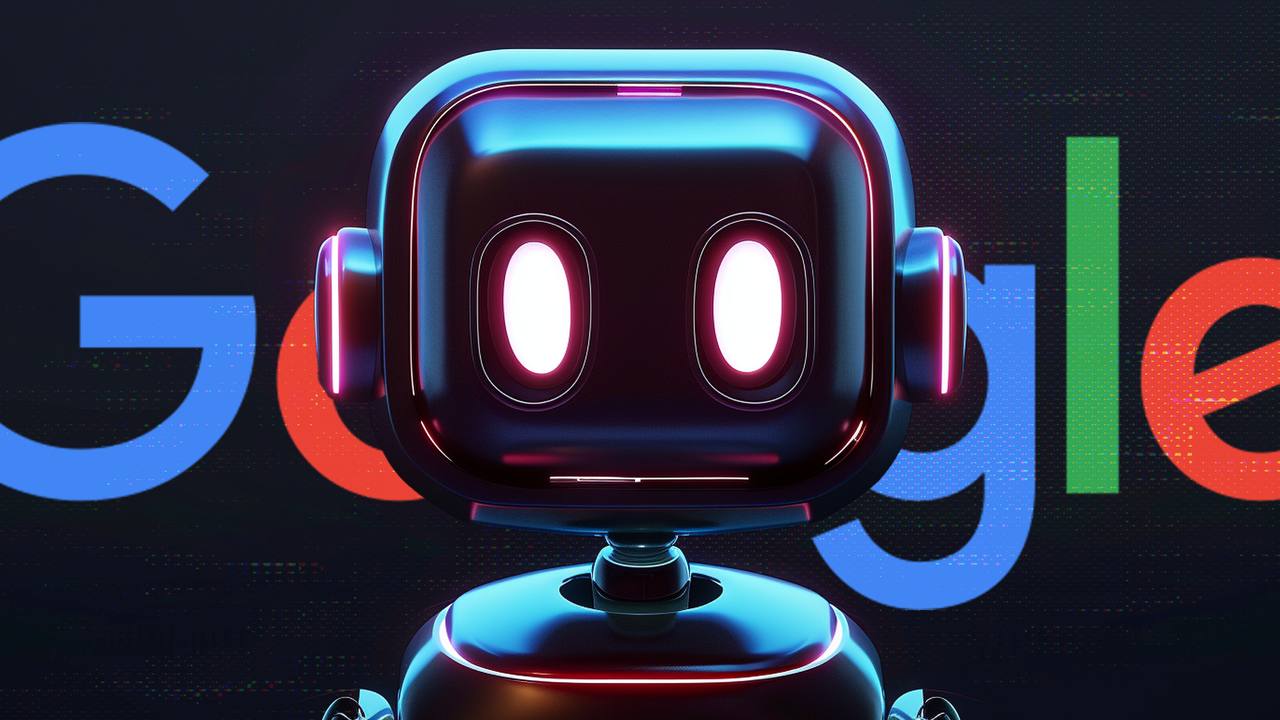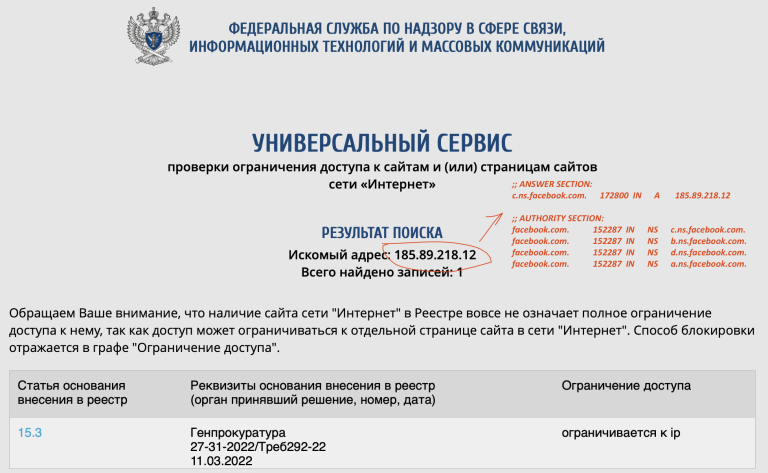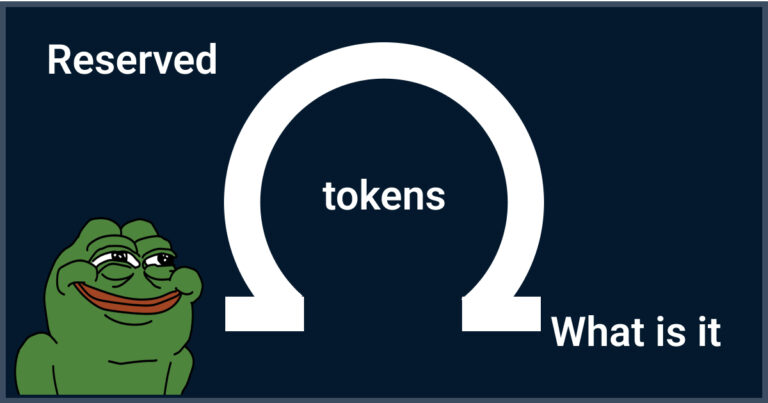Google introduced a coding assistant
More and more companies are creating a variety of AI models, and, of course, large corporations are ahead of the curve. The other day Google introduced its new project – Gemini Code Assist, a tool that helps developers write code. Read about what this new product is and what opportunities it has been given under the cut.

Gemini Code Assist – what kind of beast is it?
Google is now creating many different services based on its own AI models. One of them is a code assistant with auto-completion.
By the way, this is not the first such project; the company also has Duet AI, which appeared last year. It is intended primarily for developers and other representatives of the IT industry as an alternative to Microsoft's Copilot.

Duet AI was based on the Codey model, but in 2024 it was switched to Gemini, a new model from Google. Accordingly, the capabilities of the tool have become wider, and the project itself has been renamed. Gemini Code Assist will reportedly be available as plugins for popular development tools including VS Code and JetBrains.
Currently, Gemini Code Assist can be considered a direct competitor to GitHub Copilot Enterprise. The assistant's capabilities are extensive, since it is based on the Gemini 1.5 Pro model. As a result, the system analyzes large fragments of code and, based on them, gives good suggestions to developers.
The Google team says it supports code from a variety of repositories, including GitLab, GitHub, and Atlassian BitBucket. Code Assist can also be customized based on a company's internal code base, but the feature is currently in beta.

A specific feature of the tool is the ability to support code bases that are located locally. For example, in GitLab, GitHub and BitBucket from Atlassian. It also supports databases shared between different services. This is a distinctive feature of the Google project – other companies do not offer anything similar, at least not yet.
Moreover, the corporation plans to gradually expand the capabilities of the service. For this purpose, an agreement has been concluded with Stack Overflow. The service previously announced its partnership with Google Cloud. Datadog, Datastax, Elastic, HashiCorp, Neo4j, Pinecone, Redis, Singlestore and Snyk are also partners of the corporation.

Partners positively assess the capabilities of the new tool. But now the project has a new stage – testing among client developers. If everything goes smoothly, the assistant will most likely “come out into the public eye.” If not, then Gemini Code Assist can repeat the fate of CodeWhisperer from AWS.
In addition to Code Assist, Google also announced Gemini Cloud Assist, which will help “cloud teams develop, operate, and optimize the lifecycle of their applications.” The tool can generate an architecture configuration tailored to the company's needs, for example based on a description of the desired design outcome. This can help diagnose problems and find their root causes, and optimize a company's use of the cloud to reduce costs or improve productivity.
What else?
At the beginning of the year, Google introduced several models at once, and now it has opened access to the most powerful of them. There are currently three versions of Gemini:
Ultra. Flagship model with maximum capabilities. It is the one that shows the highest performance in complex tasks, including analysis and work with multiple modalities.
Gemini Pro — a mid-level version for a wider range of tasks. It became the basis of Google Bard. Allows you to generate texts and images, ask questions and search for information. The chatbot with the Pro version of the model is now available in 170 countries, although so far only in English.
Gemini Nano – This is the most basic version, which is intended for local use on mobile devices. It will be available to users on Google Pixel 8 smartphones, as mentioned above.
Google also plans to make its devices even more useful for owners thanks to the Pixie AI assistant. His (or her) capabilities are based on Google's new Gemini artificial intelligence model, and the feature will appear on the Pixel 9, after which it will likely spread to other devices from the company. Most likely, these will also be Pixel models of different generations, so Pixie can be considered an exclusive for them.
There are also a couple of negative points. For example, the company is gradually reducing the availability of Google Assistant on third-party devices, including cars, TVs, headphones, smart home speakers, smart glasses and smart watches that use Google's Wear operating system. For what? To reduce your own expenses and stop wasting resources on third-party projects. From the company’s point of view, the step is most likely correct and rational, but whether users will appreciate the corporation’s actions is an unanswered question.
As far as one can judge, Google is gradually expanding its presence in the AI technology market. Well, since Google has more than enough opportunities and resources to create new and promote existing products, there is no doubt that the corporation will be able to gain a foothold in this industry.




